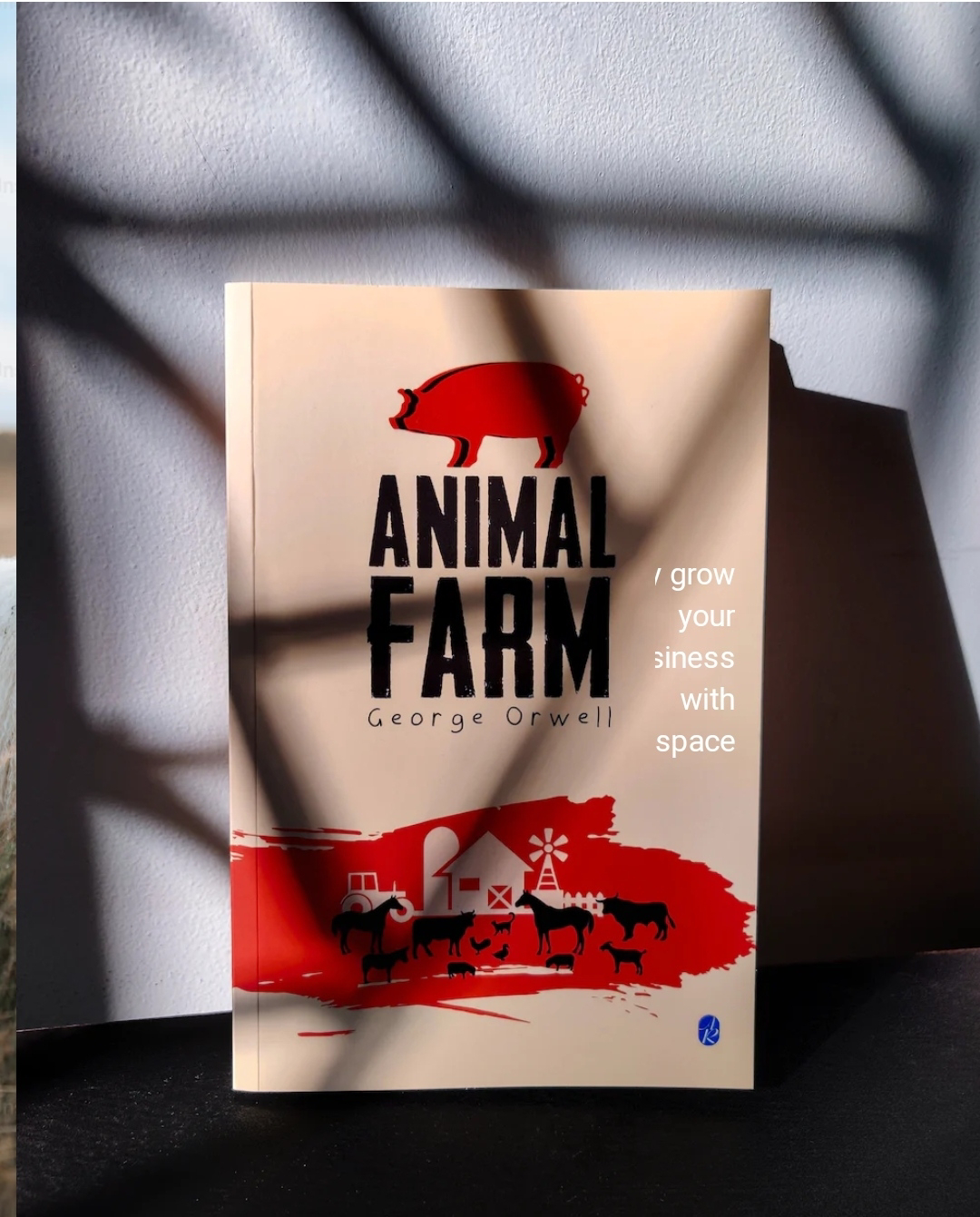Animal farm by George Orwell
Summary of "Animal Farm"
George Orwell
The story begins on Manor Farm, where the animals are oppressed by their human owner, Mr. Jones. Inspired by the teachings of a wise old boar named Old Major, the animals unite in a rebellion against their human oppressors. Old Major introduces the concept of "Animalism," a philosophy that advocates for animal equality and a society free from human exploitation.
After Old Major's death, the animals successfully revolt and drive Mr. Jones off the farm. They rename it "Animal Farm" and establish a set of commandments known as the Seven Commandments of Animalism. The pigs, particularly Snowball and Napoleon, take on leadership roles. The farm initially prospers under their governance, but the pigs' leadership starts to change.
Snowball and Napoleon disagree on various issues, and eventually, Napoleon uses a pack of attack dogs to expel Snowball from the farm, solidifying his control. The pigs, led by Napoleon, begin to subtly alter the commandments and rewrite history to consolidate their power. The Seven Commandments, initially centered around equality and unity, are gradually replaced by a single slogan: "All animals are equal, but some animals are more equal than others."
The pigs establish trade relations with humans, a practice they had originally condemned. They also begin living in the farmhouse and adopting human-like behaviors, betraying the original principles of Animalism. The other animals work harder and suffer more, while the pigs enjoy privileges and luxuries.
As time passes, the original revolutionary ideals are forgotten, and the pigs form an alliance with the humans against the interests of the other animals. The farm's name is changed back to "Manor Farm," reflecting the complete reversal of the animals' initial intentions.
The novella ends with the animals looking through the farmhouse window at a party where the pigs and humans are indistinguishable. The commandments have been replaced with a single commandment: "All animals are equal." The story highlights how revolutions can be co-opted by those seeking power and how absolute power corrupts absolutely.
"Animal Farm" serves as a powerful allegory for the corruption and manipulation often observed in political revolutions and totalitarian regimes. It critiques the hypocrisy of those in power and the dangers of blind loyalty to leaders who exploit ideals for personal gain.




Comments
Post a Comment